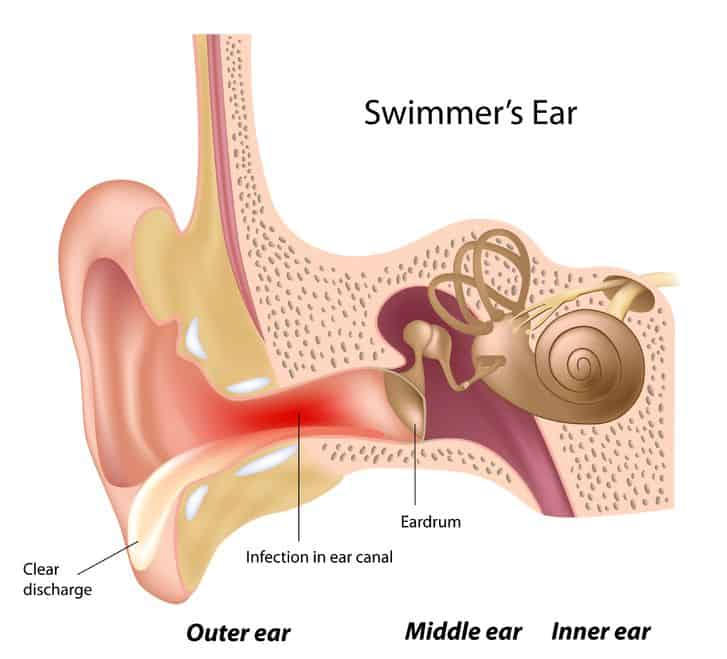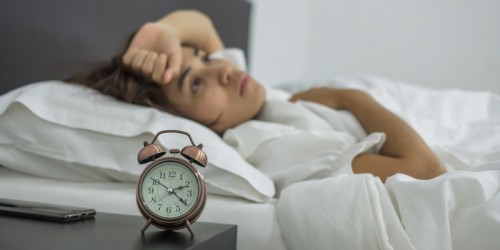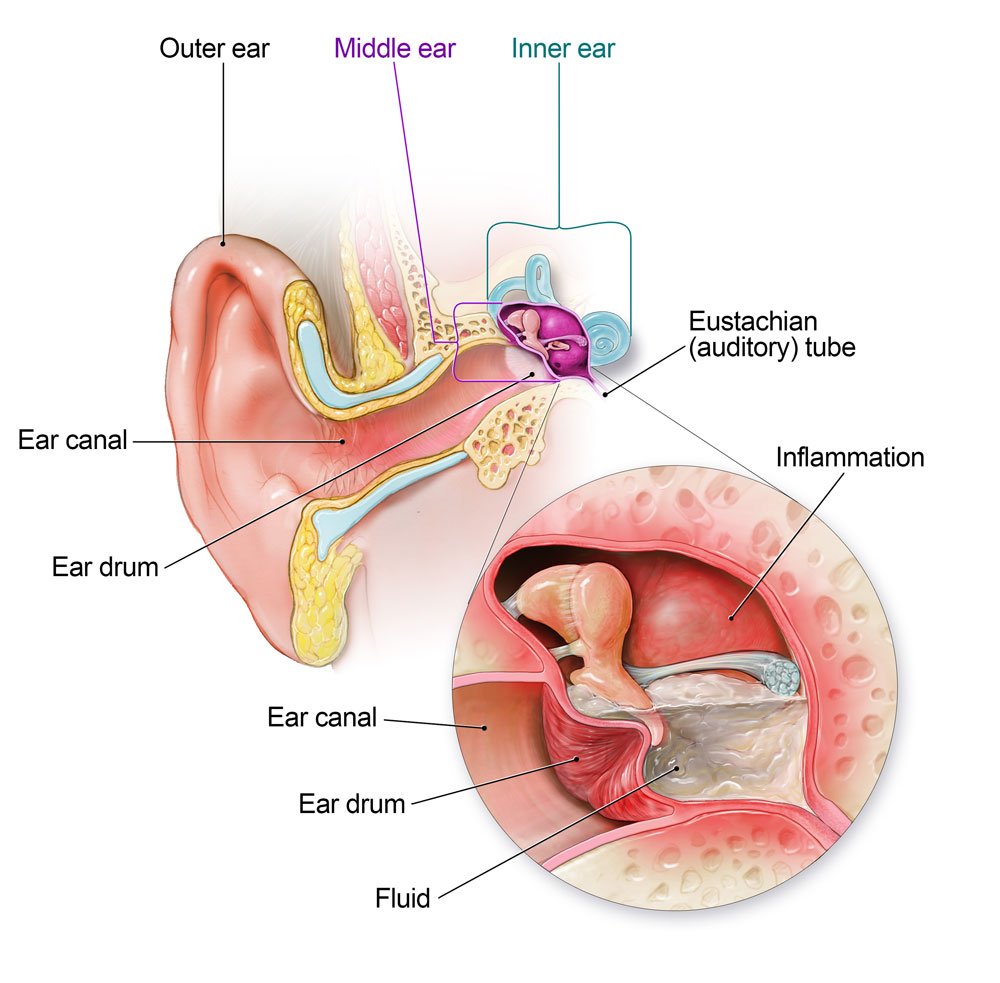
This is a super-common problem and is the reason for ear tube placement in children and some adults. After a few hours or so the middle ear will actually fill with fluid drained from the tissues and then may become secondarily infected. The eustachian tube is typically in a closed position, however certain throat movements will cause it to open allow for the pressure to equalize.Ĭlassic otitis media is due to a swelling of the eustachian tube that causes the ear pressure to never vent and never normalize.

It has a single air vent, the “eustachian tube” that acts more like a pop-off valve than a true open vent. The middle ear is a closed-off space in the temporal bone behind the ear drum. One of the most common causes of ear pressure is eustachian tube dysfunction (ETD). Usually this will result in treatment for an ear infection (otitis media or otitis externa) inappropriately and unsuccessfully. This is especially true when there is no clear cause found by your doctor. It’s important to seek treatment for your insomnia and any related issues as soon as possible.įor more information or to schedule an appointment with hearing health experts, call Hearing Systems today.Chronic ear pressure, pain, or discomfort can be extremely frustrating. This can constrict blood flow to the ears as well. Studies have shown that people with sleep apnea have larger amounts of plaque in the blood vessels. In fact, people with severe sleep apnea wake up more than 30 times each hour. Approximately 43% of people with insomnia also have sleep apnea, a condition that causes breathing problems and restless sleep.

There is also a connection between poor sleep, sleep apnea and hearing loss. Once dead, they do not regenerate, and permanent sensorineural hearing loss is the result. When these cells don’t receive enough oxygen from the blood supply, they die. These cells are responsible for converting soundwaves into electrical energy that travels via the auditory nerve to the brain to be interpreted as sound. Within the inner ears are tiny hair cells called stereocilia. Your ears rely on healthy blood flow to function. Research shows that insufficient sleep causes poor blood circulation throughout the body, including your ears.

The strongest connection is between lack of sleep and poor cardiovascular health. There are a number of conditions linked to both insomnia and hearing loss. The Link Between Insomnia and Hearing Loss Secondary insomnia is a side-effect of another condition like depression, anxiety, substance use, hyperthyroidism, sleep apnea and more.

Primary insomnia is linked to environmental factors like stress, your sleeping environment or changes to your sleep schedule. It may be acute or chronic, lasting as little as one night or for months on end. Insomnia is a sleep disorder that is diagnosed when someone has trouble falling and/or staying asleep. In fact, insomnia can exacerbate hearing loss and tinnitus. But getting poor sleep may affect you long-term more than you think. Good sleep is important for your body and mind to rest and recharge in preparation for the following day. As you likely know, sleep is essential for physical health and mental wellbeing.


 0 kommentar(er)
0 kommentar(er)
